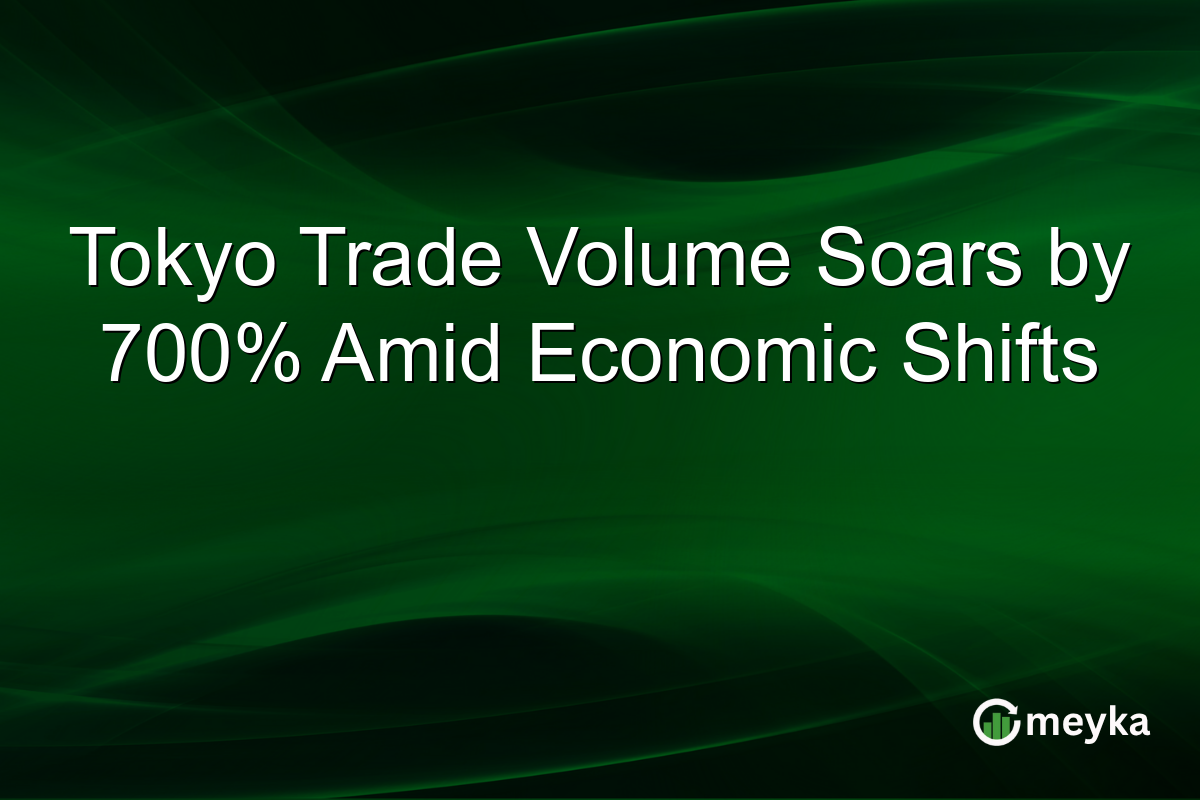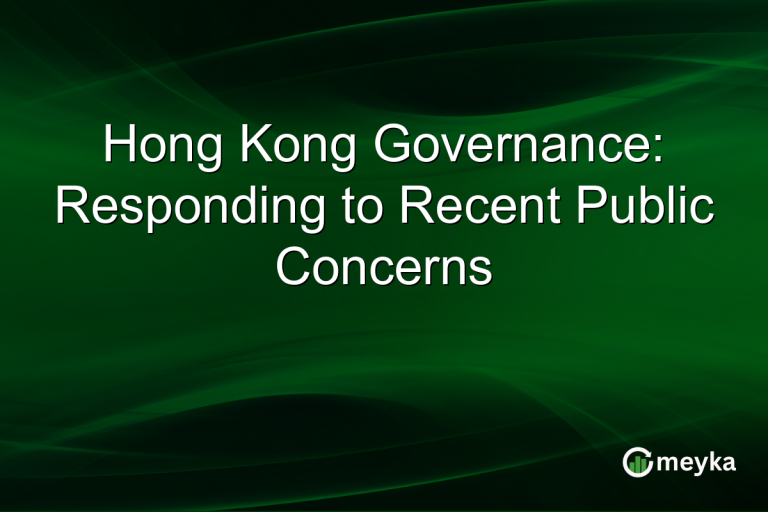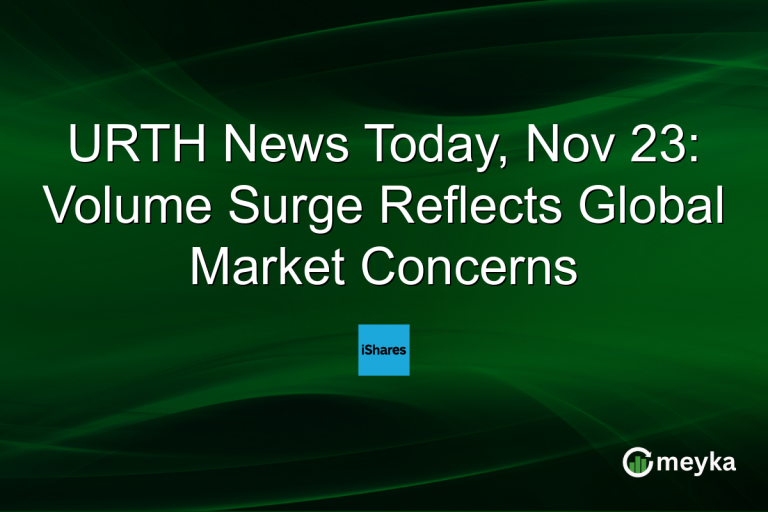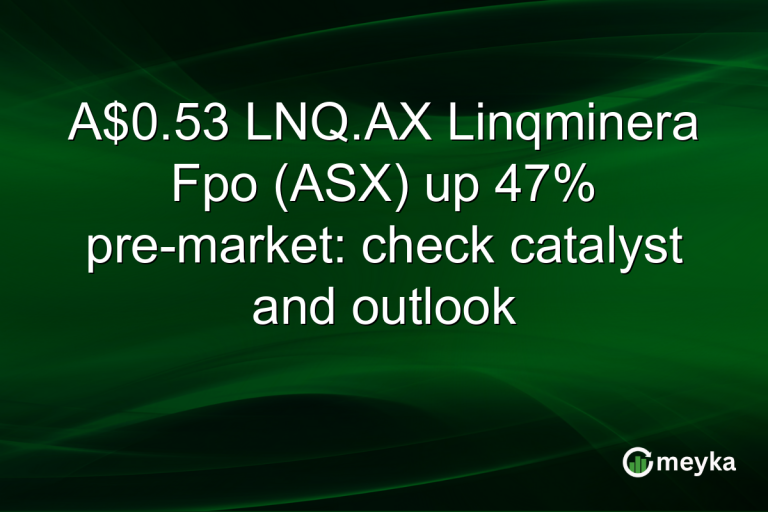Tokyo Trade Volume Soars by 700% Amid Economic Shifts
Tokyo’s trade volume has seen an unprecedented 700% increase, underscoring a significant shift in economic activity and investor confidence in Japan. This remarkable rise reflects broader economic and policy changes aimed at revitalizing the region’s financial landscape. As Tokyo strengthens its position in global markets, investors eagerly anticipate how these developments might reshape Japan’s economy.
Continue Reading on Meyka
This article is available in full on our main platform. Get access to complete analysis, stock insights, and more.
Read Full Article →





